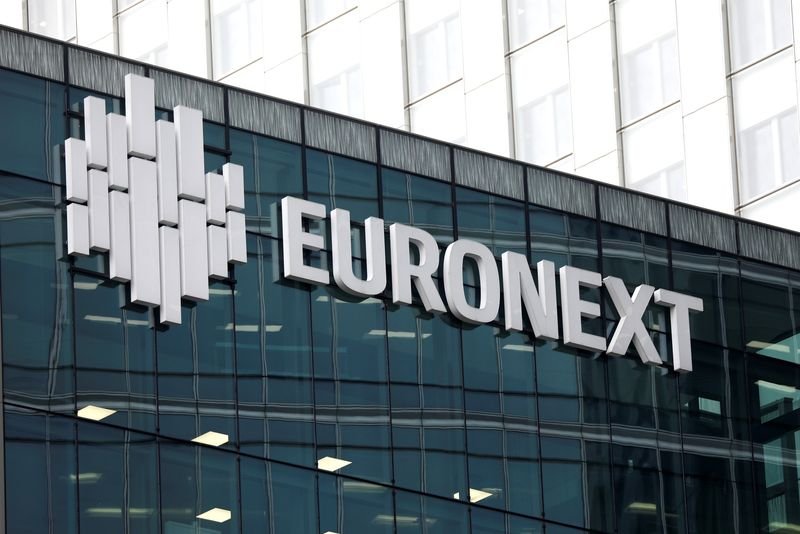Shelter in the storm: Europe’s smaller airlines face new round of consolidation
Published by Gbaf News
Posted on June 29, 2018
3 min readLast updated: January 21, 2026

Published by Gbaf News
Posted on June 29, 2018
3 min readLast updated: January 21, 2026

Europe’s airline sector is in for a bumpy ride after several months with no major airline failures. Rising fuel prices, excess capacity and relentless low-cost and foreign competition are making it tough for all but the biggest carriers to survive.
For the research report, please click here.
Mid-sized and smaller operators will have to seek the shelter of larger airline operators, or even other corporates outside of the airline industry, without a sharp drop in fuel prices, says Scope Ratings.
The most recent airline collapses in Europe took place last year, with the failure of Germany’s Air Berlin and UK-based Monarch. This year, merger speculation is on the rise, with Norwegian Air Shuttle and Air France attracting investor interest.
“The aviation industry did benefit from a few years of low oil prices which gave a competitive advantage to healthy airlines and time for many weaker airlines to get their act together,” says Sebastian Zank, analyst at Scope Ratings. “Today, with fuel prices up again amid ever-increasing competition from low-cost carriers and non-European airlines, it remains tricky for smaller players to stay independent,” Zank says.
The European industry’s profitability is on the decline as fuel prices are back at their highest level since 2014. Earnings before interest, taxes, depreciation, amortisation and rent will fall for third year in a row this year from a median 17.4% of revenue last year and a peak of 19.3% in 2015, according to Scope analysis.
Upward pressure on wages, evident in strikes over pay at Ryanair, Lufthansa and Air France, and airport fees are also squeezing margins.
“Airlines may not be able to quickly pass on higher costs to passengers through higher fares when competition is fierce and there is risk of a capacity glut,” says analyst Azza Chammem. According to IATA, growth in airline capacity, measured by available seat kilometres, will overtake growth in unit revenues this year.
Europe’s airline sector remains fragmented partly because steady passenger growth and cheap finance continue to lure new entrants. There are more than 20 European supra-regional airlines flying less than 15 million passengers a year compared with around 130 million at Ryanair.
Scope’s research, based on its public rating of Lufthansa and eight other private airline ratings, shows airline size and credit quality are correlated, reflecting the benefits of scale, market diversification and more robust financial risk profiles. European airlines without those attributes will likely struggle in the next few years, unless they find protection within a larger group.
Explore more articles in the Top Stories category











